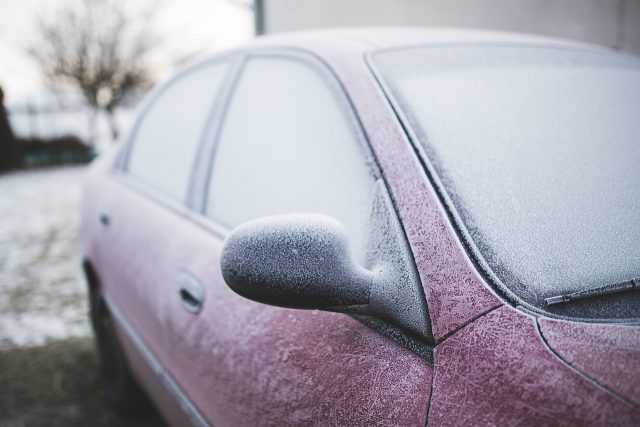Northwest Iowa — A new report estimates more than one million acres of soybeans across the region have been accidentally damaged by the use of dicamba herbicide despite strict usage rules.
Experts say that dicamba is the same chemical that is in the old Banvel brand anti-broadleaf herbicide, but it’s being used now in other formulations. Iowa State University Extension Agronomist Joel De Jong covers our area of northwest Iowa, and he says that farmers are using dicamba now to help suppress weeds that have become resistant to glyphosate, the active ingredient in Roundup herbicide. De Jong says that companies are now selling soybean seed that produces plants that are resistant to both glyphosate and dicamba.
Extension weed specialist and Agronomy Professor Bob Hartzler says the big increase in pesticide misuse cases indicates a stewardship problem. Hartzler says he’s talked to several farmers, including one who admits he made a critical error and damaged several hundred acres. Hartzler says the farmer admits he sprayed when the wind speeds did not meet specifications on the product label.
State officials have received 121 complaints of herbicide drift this year, compared to 82 statewide in early July of 2017.
Hartzler says you can only do so much with education.
Hartzler says he’s not convinced further regulation is the answer, either.
Hartzler says it’s a difficult situation and producers need to do a better job of selecting fields where the product is applied. He says more attention also needs to be made to strictly follow the label. Arkansas and Missouri banned the sale and use of dicamba last year following multiple complaints of crop damage due to drift.












